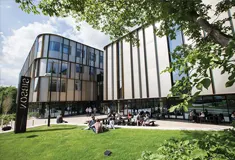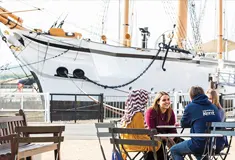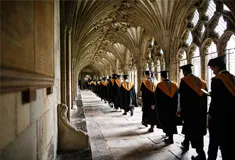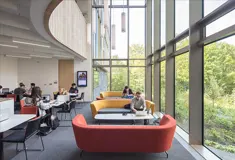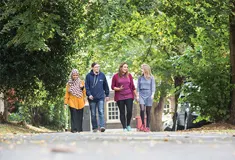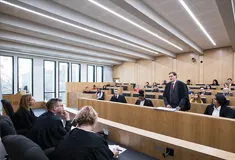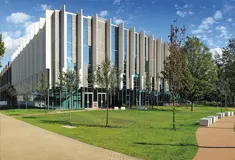About Architectural Conservation, MSc - at University of Kent
This course is fully recognised by The Institute of Historic Building Conservation (IHBC). The course provides both a thorough understanding of architectural heritage and the skills required to contribute to the preservation and development of historic sites. Benefiting from its location in the historic city of Canterbury, the programme combines the study of conservation theory and philosophy with an exploration of the technical aspects of repair and reconstruction. The city's stunning cathedral provides students with an education resource, giving them the opportunity to learn from the conservation of a World Heritage Site.
Open to students and professionals with an interest in architectural heritage, the course represents an ideal gateway to a career in demanding professional fields, such as conservation-oriented architectural practice, conservation consultancy and heritage management. As the future leaders in these fields, the course's graduates are expected to play a central role in disciplines that lie at the centre of the current economic, environmental and social agendas.
Research at Kent School of Architecture and Planning achieves excellence in both the history and theory of architecture and in sustainable urban, peri-urban and environmental design. School staff have design expertise and specialist knowledge; they are at the forefront of current architectural issues, including sustainability, technology, professional practice and research. Our staff are active at academic and professional conferences, both nationally and internationally, and appear and publish in local and national media. The School promotes innovative and interdisciplinary research, emphasising sustainable design.
Much of the project work involved in the Kent School of Architecture and Planning is located on 'live' sites in the local region, using real clients and engaging challenging issues. Students in all stages of the school have been introduced to real urban and architectural design challenges in Lille, Margate, Folkestone, Dover, Rye, Chatham and, of course, Canterbury. Much of this work involves liaising with external bodies, such as architects, planners, council and development groups.
For up-to-date news, please visit our Architectural Conservation blog.
As part of the module AR84 - Intervention, students on the course will need to visit the project site at least two times. Travel expenses will be approximately £70.00 per student for two site visits.
Course location:
Canterbury
Learn more about Architectural Conservation, MSc - at University of Kent
Visit course webpage 


